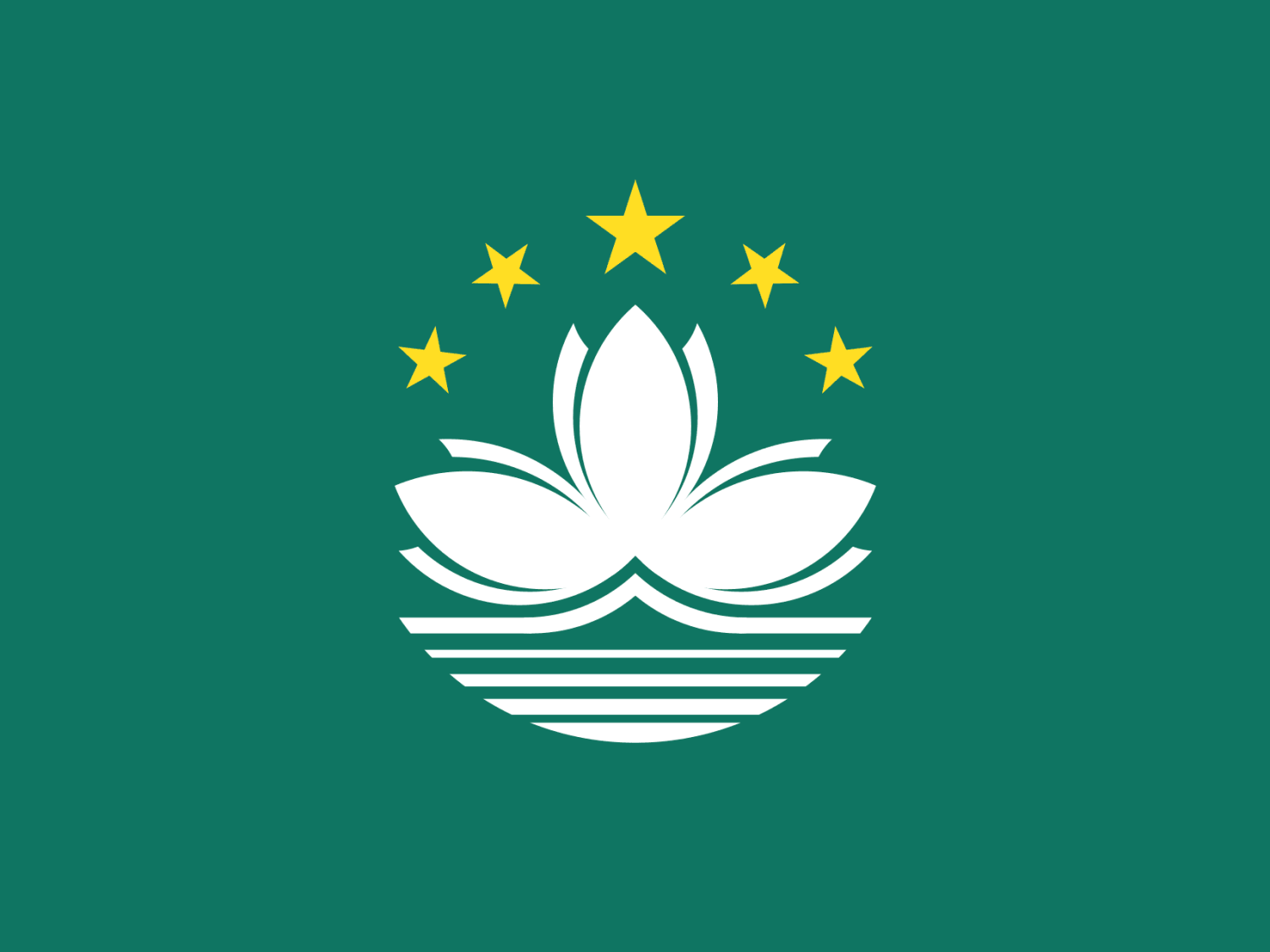Moving to Macau
Simply move better with reloqio
✔️ Get offers free of charge – No obligation, no worres.
✔️ Quality-tested partners – Reliable and experienced.
✔️ Selection in your region – Find the perfect offer and save up to 45%.

Overview
Introduction to Macau
Macau, a Special Administrative Region (SAR) of China, is a unique blend of Portuguese heritage and Chinese culture. Known as the “Las Vegas of Asia,” Macau is famous for its vibrant casino industry, luxurious resorts, and bustling tourism sector. Beyond the glitz and glamour, Macau offers a rich cultural history, evident in its well-preserved colonial architecture, temples, and traditional festivals. While Macau enjoys a high standard of living and economic prosperity, it also faces challenges, such as a high cost of living, limited space, and reliance on the gaming industry, which can impact the daily life of expatriates.
Why Move to Macau
Moving to Macau offers the opportunity to live in a dynamic city that combines East and West, old and new. The city’s thriving economy, low tax rates, and high quality of life attract professionals from around the world, particularly in the gaming, hospitality, and finance industries. Macau’s rich cultural scene, including its fusion cuisine and historic sites, also adds to its appeal. However, expatriates should be prepared for the high cost of living, particularly in terms of housing, and the city’s small size, which can lead to a high population density and limited personal space.
Cost of Living in Macau
The cost of living in Macau is relatively high, especially when it comes to housing. Rent for apartments in the city can be expensive, particularly in popular areas close to the casinos and business districts. Food and dining out can also be costly, especially in high-end restaurants. However, daily necessities and public transportation are generally affordable. The availability of imported goods is good, but these items can come with a premium price. While salaries in sectors like gaming and finance are competitive, expatriates should budget carefully to maintain their desired standard of living.
Visa and Residency
Types of Visas
Macau offers several types of visas, including tourist, business, and work visas. The most common visa for expatriates is the work visa, which requires sponsorship from a Macanese employer. The application process involves submitting various documents, such as proof of employment, educational qualifications, and a valid passport. Tourist visas are easy to obtain for short visits, but they do not permit employment. It’s important to apply for the correct visa type and ensure all documentation is accurate to avoid delays or complications.
Requirements for Obtaining Residency
Obtaining residency in Macau typically begins with securing a work visa. Once in Macau, expatriates can apply for a temporary residence permit, which is usually tied to their employment. The process involves submitting proof of employment, housing arrangements, and sometimes a health check. Residency permits are generally valid for one to two years and can be renewed as long as the expatriate remains employed. Permanent residency is more challenging to obtain and usually requires several years of continuous residence in Macau, along with proof of financial stability and integration into the local community.
Renewing Residency
Renewing residency in Macau involves extending your work visa and residency permit. The renewal process typically requires submitting updated proof of employment and housing, along with any other relevant documents. It’s advisable to start the renewal process well before your current permit expires to avoid any legal issues. Employers often assist with the renewal process, but it’s crucial to stay informed about any changes in immigration laws and ensure all paperwork is submitted on time.
Finding Accommodation
Popular Neighborhoods in Macau
In Macau, popular neighborhoods for expatriates include Taipa, Coloane, and the Macau Peninsula. Taipa is known for its mix of modern apartments, shopping centers, and proximity to the Cotai Strip’s casinos and entertainment venues. Coloane offers a quieter, more residential environment, with access to beaches and green spaces, making it a popular choice for families. The Macau Peninsula is the historical heart of the city, offering a blend of traditional architecture and modern amenities. Housing in these areas can be expensive, but they provide access to international schools, healthcare, and other amenities important for expatriates.
Renting vs Buying Property
Renting is the most common option for expatriates in Macau due to the high cost of property ownership and the complexity of the buying process. Rental properties are widely available, ranging from modern apartments to more traditional homes, with prices varying significantly based on location and property type. Leases typically require a security deposit and the first month’s rent in advance. Buying property in Macau is possible for foreigners, but it involves navigating local property laws and can be expensive. It’s advisable to work with a reputable real estate agent and legal advisor if considering purchasing property in Macau.
Tips for Finding Accommodation
When searching for accommodation in Macau, consider factors such as proximity to work, access to public transportation, and availability of amenities like schools, healthcare, and shopping centers. Working with a local real estate agent can be helpful, especially for expatriates unfamiliar with the market. It’s important to inspect properties carefully before signing a lease, as the quality of housing can vary widely. Be prepared to negotiate rental terms, and ensure that all lease agreements are clear and legally sound. Given the high demand for housing in popular areas, it’s advisable to start your search early and be prepared to act quickly when you find a suitable property.
Macau’s location in the Pearl River Delta offers easy access to neighboring regions, including Hong Kong and Mainland China. For those interested in exploring the region, the cultural richness and shopping opportunities of Hong Kong, the modern cities of Mainland China, or the vibrant nightlife of Thailand are all within reach.
Settling In
Healthcare System in Macau
Macau has a well-developed healthcare system, with both public and private options available. Public healthcare is accessible and generally of good quality, though it can be crowded, particularly in emergencies. Many expatriates prefer private healthcare facilities, which offer higher standards of care, shorter waiting times, and English-speaking staff, but these can be expensive. It is essential to have comprehensive health insurance that covers private healthcare and potential medical evacuation, as specialized treatments may be limited. Macau’s hospitals and clinics are modern and well-equipped, making it a reliable place for both routine and specialized medical care.
Education System in Macau
Macau offers a variety of educational options for expatriate families, including public schools, private schools, and international schools. Public schools follow the local curriculum and teach primarily in Cantonese, which can be challenging for non-Chinese-speaking children. Most expatriate families opt for international schools, which offer curricula based on British, American, or International Baccalaureate (IB) systems. These schools are primarily located in Taipa and the Macau Peninsula and are known for their high academic standards, though fees can be high. Early application is recommended, as spaces in international schools can be limited, particularly for popular grades.
Cultural Etiquette and Customs
Macau is a culturally diverse society with a unique blend of Portuguese and Chin
{filterable_table}
Ready for your move to Macau? Get free quotes now!
Enquire about moving offers here and get quick answers with cost estimates.
It only takes 2 minutes and you can save up to 45% on your move to Macau!
